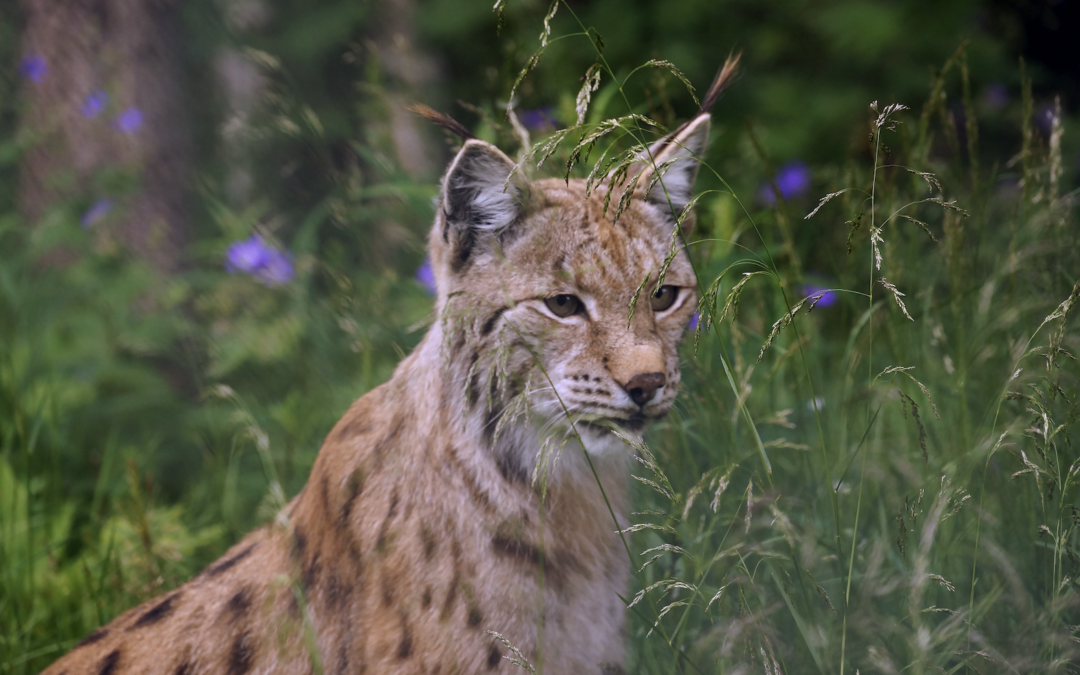I recently attended the annual conference of the International Association of Society and Natural Resources (IASNR) in Portland, Maine. I was pleased to present a paper in progress, “Measuring and Promoting Community Benefits of Natural Carbon Solutions: Proposing a Participatory Well-being Approach,” representing our team of co-authors John Waugh (OneNature), Laura Musikanski (The Happiness Alliance), Craig Talmage (Hobart and William Smith Colleges), and Dehara Weeraman (OneNature.) We will share more on the paper in the future, as we are excited about it. For now, I want to share a little more about the conference and the IASNR.
I was delighted to discover IASNR because it was like coming home! Those attending were interested in the connection between people and nature, and the presentations reflected a range of social science applications to improve the connection and well-being of communities and individuals around natural spaces. The association was founded in 2001 with a mission to:
“be the premier international association of social scientists, policymakers, and practitioners studying and managing human relationships with the environment and natural resources. It is our mission to foster better scientific understandings of society-natural resource relationships; assist in the professional development of social scientists, policymakers, practitioners, and students from around the world studying these issues; and provide opportunities for them to meet and share their work with each other.”
Each session was fascinating and engaging in its own way, so it’s rather difficult to single out my favorite.
The opening keynote by Jamie A. Pinkham (a citizen of the Nez Pierce Tribe and currently the Principal Deputy Assistant Secretary of the Army/Civil Works) on Tribal Self-Determination and the Natural World was excellent. Maulian Dana (Penobscot Nation Ambassador and President of the Wabanaki Alliance) also gave a riveting keynote on Wabanaki Sovereignty: Traditional Knowledge, Justice, and Policy.
One of the themes of the presentations I attended was understanding and appreciating different knowledge systems in natural resource management. Some speakers addressed approaches, tools, and examples of including indigenous or local knowledge systems with science/conservation knowledge systems without the need to integrate them. These approaches rely on the implementation of a respectful, participatory approach to project development and execution. I am excited to explore those participatory planning tools and include them even more deeply in OneNature’s approach to well-being assessments and monitoring in conservation.
I was most moved by the presentation from Jillian Everly at Idaho State University, “The effects of globalization on women’s wellbeing: A photo-journal ethnography of fishing communities in southern Chile.” Her approaches to understanding the well-being of the women in the village included semi-structured interviews. They were augmented by photojournalism and by writing poetry that incorporated the words of the women interviewed. She presented the poetry to the women to ensure the process was not purely one of extracting data but gave something back to the women she had come to know. I appreciated the power of the women’s stories, the photographs, and the well-being data presented in one comprehensive and multifaceted package.
I am thrilled that OneNature is now a member of IASNR, and I know we will follow the work of our fellow members with great interest.
Image by: Eirik Olsen via Unsplash.
